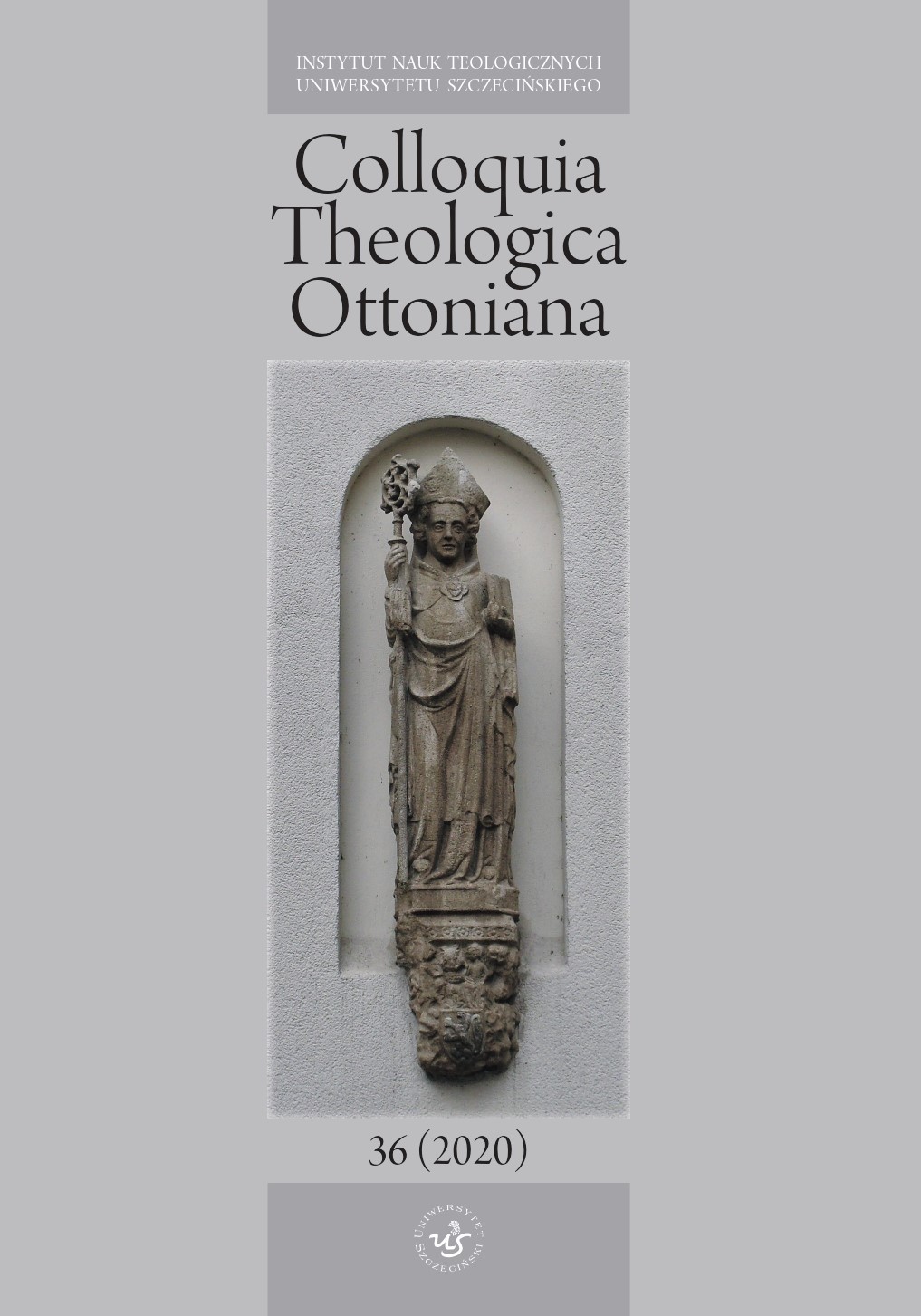Edukacja społeczna w pisarstwie François Mauriaca na podstawie powieści Le Noeud de vipères i Le Sagouin
Social Education in François Mauriac’s writings based on the Novels Le Noeud De Vipères and Le Sagouin
Author(s): Beata Kędzia-KlebekoSubject(s): Christian Theology and Religion, Social Sciences, Language and Literature Studies, Studies of Literature, Sociology, Theology and Religion, French Literature, Family and social welfare, Sociology of Culture
Published by: Wydawnictwo Naukowe Uniwersytetu Szczecińskiego
Keywords: French literature; Catholic novel; upbringing; family; model attitudes
Summary/Abstract: Upbringing within the family and the family itself are of crucial importance for the proper functioning of communities and entire nations. The reproduction of negative behavioural patterns perpetuates a perception of reality acquired over generations. This can lead to the destruction of the entity and communities. The aim of this article is to present the thoughts of F. Mauriac, a French Catholic writer of the post-war period. In his novels, Mauriac revealed threats to the individual that come from rejecting friendship towards the world and people. In the pages of many of his novels, Mauriac traces the fates of French families. He shows their dramatic entanglements, stemming from concentration on illusions of their own beliefs about happiness. The subject of analysis in this article are two selected novels, Le Noeud de vipères, known to the Polish reader as The Viper’s Den, and Le Sagouin, which is not yet translated into Polish. The first part of the article presents the relationships between literature and social life as seen from the socio-literary perspective, while the second presents Mauriac’s understanding of his literary commitments and his commitment to Catholic culture. It aims to show readers the barrenness of existence of anyone who disregards the concept of love in interpersonal relations. The following parts present the problems of institutional and family education raised by Mauriac and highlight his understanding of the responsibility incumbent upon parents and teachers for the fate of the younger generation. This generation, in the long run, determines the fate of social civilisation in the broad sense of the term. Responsibility for the other, in the spirit of empathy, turns out to be the key slogan for everyone’s actions.
Journal: Colloquia Theologica Ottoniana
- Issue Year: 2020
- Issue No: 1
- Page Range: 163-180
- Page Count: 18
- Language: Polish

